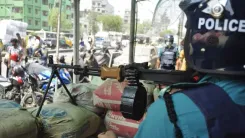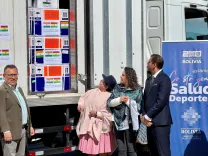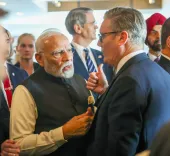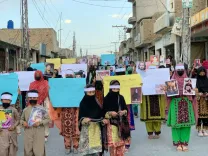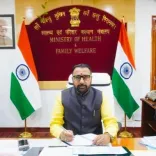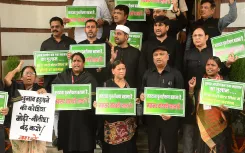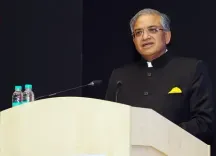What Will the Outcome Be of South Korea and US '2+2' Trade Talks in Washington?
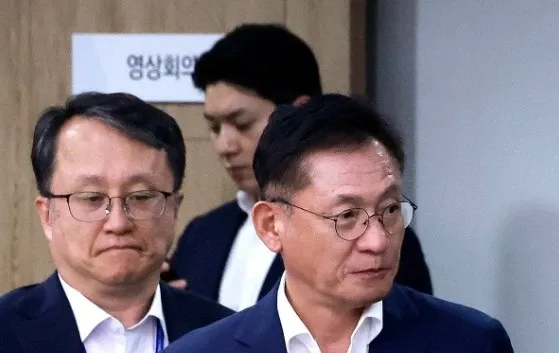
Synopsis
Key Takeaways
- South Korea is set to engage in high-level trade talks with the US.
- The discussions aim to address impending tariffs effective August 1.
- This marks a pivotal moment for bilateral relations.
- Ministers Yeo and Koo will represent Seoul in Washington.
- Negotiations are crucial for future economic cooperation.
Seoul, July 22 (NationPress) - South Korea's Finance Minister Koo Yun-cheol announced on Tuesday that he will engage in "2+2" high-level trade discussions with the United States later this week, as the August 1 deadline for bilateral talks on the US' extensive tariff measures approaches.
Koo, alongside Trade Minister Yeo Han-koo, will travel to Washington for discussions scheduled on Friday, which will include US Treasury Secretary Scott Bessent and US Trade Representative (USTR) Jamieson Greer.
"With the August 1 deadline looming, relevant ministries have created a coordinated team to craft a strategic response that prioritizes national interests," Koo informed reporters after a meeting focused on crucial economic matters.
When probed about Seoul's negotiation tactics, Koo, who also holds the position of deputy Prime Minister for economic affairs, chose not to provide details, as reported by Yonhap news agency.
This upcoming visit will be significant as it marks the first trip to Washington by South Korea's top economic official since President Lee Jae Myung took office on June 4. Koo officially began his role as finance minister on Monday.
The trade discussions will be the first of their kind under the Lee administration, replacing the previous round of "2+2" talks held in Washington in April, which involved former Finance Minister Choi Sang-mok and former Industry Minister Ahn Duk-geun, both of whom served under the prior Yoon Suk Yeol administration.
The US plans to enforce a 25 percent reciprocal tariff on South Korean exports starting August 1, in addition to existing sectoral tariffs, including 25 percent duties on automotive and steel imports.
"The foreign minister and the industry minister will likely travel to the United States this week to engage with their counterparts in an attempt to sway Washington," Koo stated.
The reciprocal tariffs initially took effect on April 9 but were temporarily paused by Trump for 90 days to facilitate negotiations, a pause that was later extended, with the US now set to implement them by August 1.
In response to questions about the possibility of extending the deadline, Koo emphasized that the government's current priority is on negotiations.
In a recent interview with CBS, US Commerce Secretary Howard Lutnick indicated that August 1 is a "hard deadline" for implementing the reciprocal tariffs, underscoring that new tariffs will be enforced as planned. Nevertheless, he acknowledged that "nothing prevents countries from continuing dialogue post-August 1."
Yeo later expressed his commitment to achieving the most favorable and constructive results that would benefit both Seoul and Washington before the deadline.
"We are at a pivotal moment, and with all scenarios, both good and bad, on the table, we will strive to address concerns regarding sensitive matters in our negotiation strategy to maximize national interests," the trade minister noted as he departed for Washington.
"We will also actively pursue outcomes in the ongoing tariff negotiations that foster a positive cycle of investment, procurement, and the development of new growth engines between our countries, building on the bilateral manufacturing renaissance partnership proposed during my previous visit to the US," he added.
This week's journey marks Yeo's third trip to the US capital for trade discussions since taking office last month, during which he proposed a comprehensive manufacturing partnership encompassing shipbuilding, semiconductors, and other sectors to help reduce Seoul's significant trade surplus with Washington.

